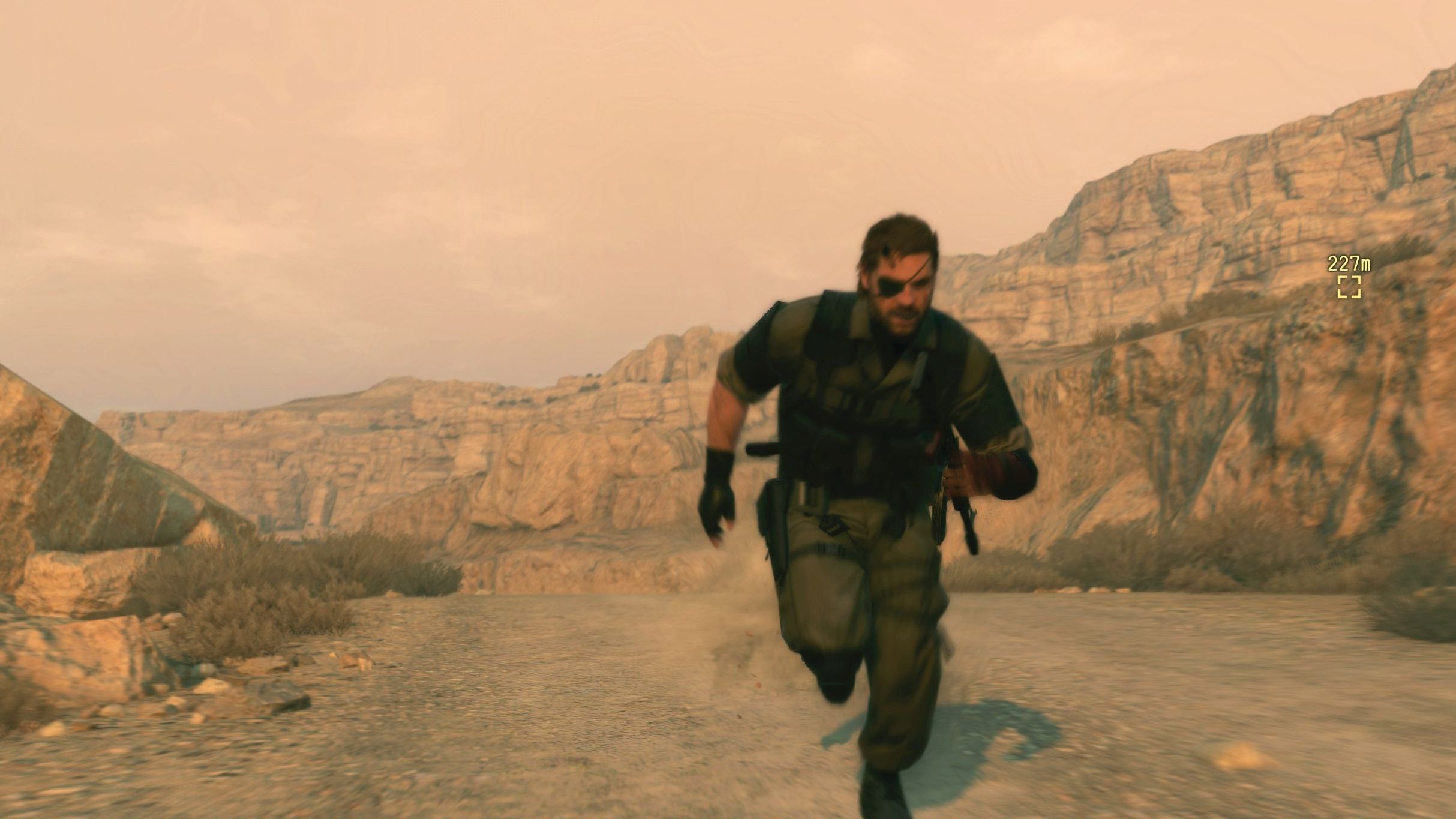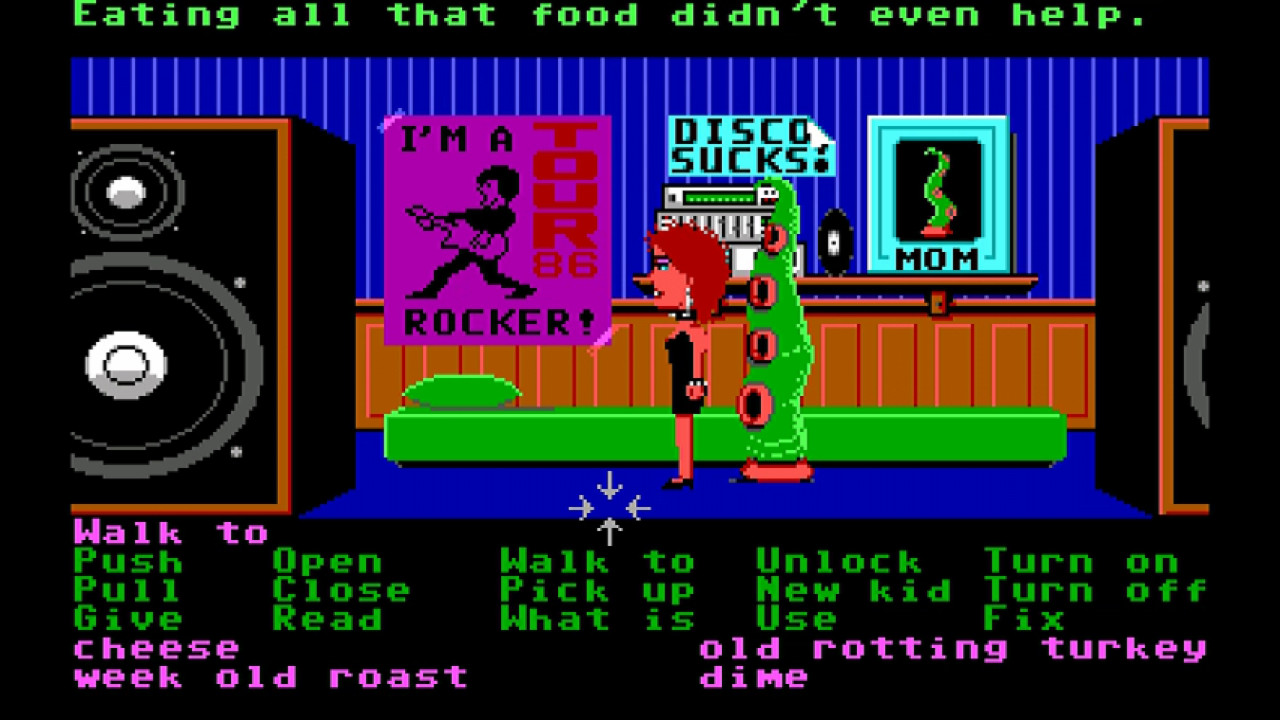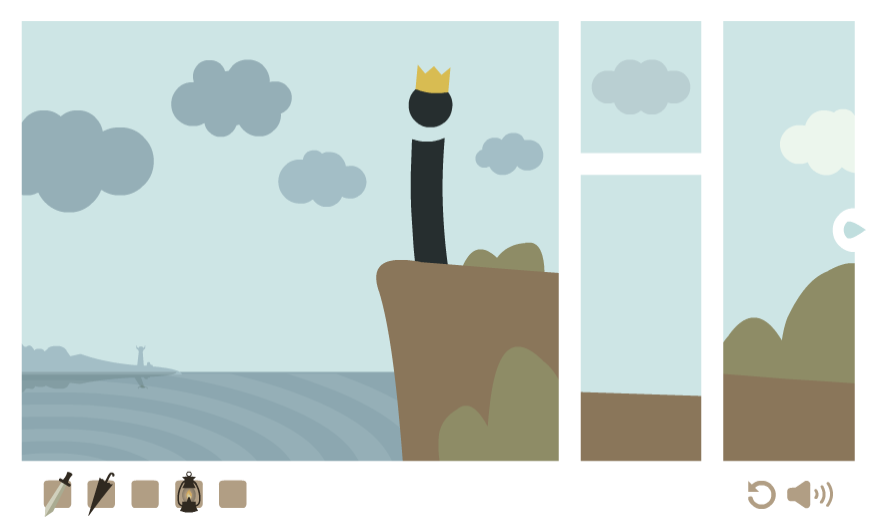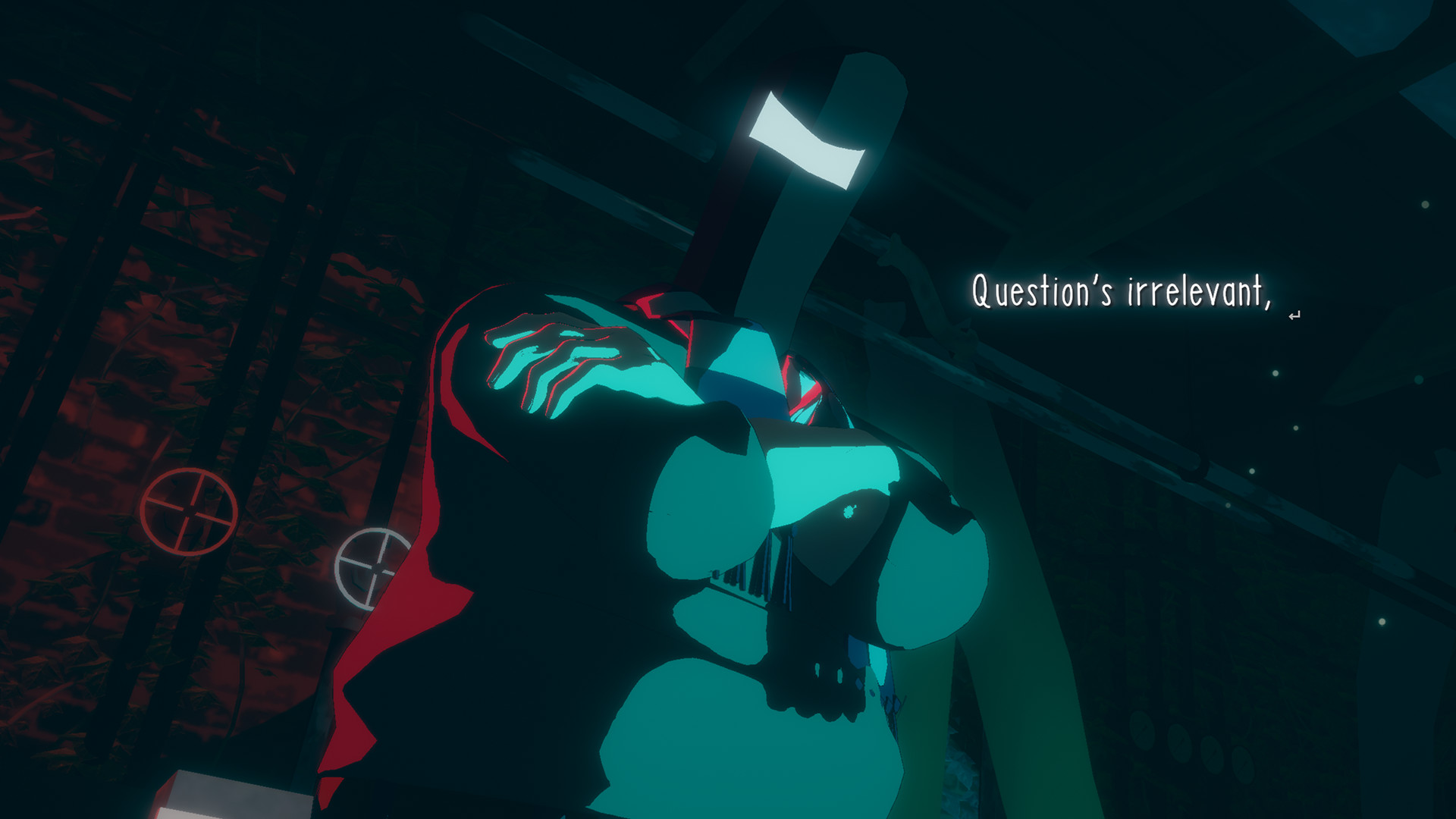The unexpected ways comics have influenced games | PC Gamer - fowlerthavest
The unannounced ways comics have influenced games

It's easy to recognize videogames that are influenced by comic books. Games that use flat colors and strong outlines, the like Ubisoft's XIII, Oregon games that use comics in their cutscenes, like Easy lay Payne and Battle Chasers, owe an manifest debt. What might make up inferior evident is that comics have helped to delineate and develop the linguistic communication of videogames in more subtle, and interesting, shipway passim the history of the medium.
In the 80s, "evolving 2D artwork enabled the creation of visually distinctive characters in games, every bit opposed to the generic figures of the preceding decade," prof Nicolas Labarre, videogames and comics scholar at University Bordeaux Montaigne, explains. "[C]omics and animated cartoons offered models of seeable narrative forms employing simplified yet expressive characters, whose stable appearance ready-made them easily recognizable." It's the "amplification through simplification" technique discussed by comics author Walter Scott McCloud in his seminal comic-essay Understanding Comics. In cartoons and early videogames, characters are not just simplified in order to make them fit into the limited space of panels and sprites; piece unnecessary inside information are eliminated, the most immodest features are emphatic and exaggerated instead.
Professor Hans-Joachim Backe from the Center for Computer Games Research of the IT University of Copenhagen draws foster connections between characters in comics and videogames, specifically superheroes. "I'd say that there is a legacy of the superhero in what our game avatars can do, how powerful and resilient they are you said it we accept that. If we had not had that stalking-horse of the impervious superhero, we'd suffer a harder time parsing how these game heroes bring up."

Information technology's important to note that in the same period mini-comics were often prepacked with the cartridges and were a fundamental tool for enriching games' narratives and setting their tone. Comics were the basis of our understanding of games' stories, characters and visuals. And maybe they also taught us how videogames could convey their info. "Games give birth integrated signifiers that come clearly from comics in their language," says Prof Backe. "Recollect of Metal Gear Solid's question and exclamation marks, and quest markers in MMOs like World of Warcraft. Complete those signs we check rendered in the game world, as real American Samoa the enemies themselves, but we deliver that understanding (and my hypothesis is that's because we ingest grown improving with comics) that they are like thought bubbles; they are something that some exists and doesn't exist in that world."
Run a risk games in particular have looked to comics for stirring, from the risible-like panels of Gabriel Horse: Sins of the Father to many interesting points of contact. "The framing you wealthy person in games equal Maniac Mansion, Zak McKracken and the Alien Mindbenders and Indiana Jones and the Fate of Atlantis is no coincidence" Prof Andreas Rauscher, co-editor program of Comics and Videogames: From Crossed Medialities to Transmedia Expansions, tells me. "In LucasArts' games frames are very intimately linked to humorous panels." In fact, you have a undynamic point-of-aspect and cinematic spaces arranged in a two-dimensional, comic-book-trend mise-en-scéne.
As an example of how comic books have influenced the framing and "the logic of the delineated game world" in adventure games, Prof Rauscher cites the brawl 'tween the protagonist Guybrush Threepwood and Sheriff Shinetop in The Covert of Monkey Island: it takes place KO'd of skeleton and it's told done onomatopoeic sound bubbles. "Maybe a working hypothesis is that comic books [and] LucasArts adventures show the same family relations that toon short films like Looney Tunes and Silly Symphonies provide to the [platforming] genre" Prof Rauscher adds. This act upon might consume been helped by the fact that various comic authors have worked on adventure games, like Syberia's Benoît Sokal, Sam & Max's Steve Purcell and Maniac Mansion's Gary Winnick.

After the end of the golden age of gunpoint-and-click adventure games, Flash games became the main crossroad 'tween games and comic books. Adobe Flash used to combine art, animation and coding into a single puppet, and that "helped a great deal for how artists explored the relationship 'tween written work and illustration" pun developer Nathalie Lawhead tells me. "I preceptor't think we would have so many interactive computer graphic novels right directly, if it wasn't for that betimes experimentation."
Exploring the kinship between written work and illustration through softwares like Flash and influences from drama books has also helped developers translate how textbook and images can do work in harmony, thinking of the whole screen arsenic a single ocular composition. In videogames, textual matter is often ungraciously placed upon the gameplay and it's seen American Samoa something different, as an element of the interface, while in comedian books (in the best ones, at to the lowest degree) pictures, speech bubbles and undamaged words all cooperate. We can clearly see this influence in the carefully framed shots and schoolbook scrivened directly on the walls of the 3D architecture in Vivid Metalworks Corp's coming Solace Submit: Emotional Cyberpunk Stories.
While Flash allowed comic authors—including Edmund McMillen, developer of Tops Meat Son and The Binding of Isaac—and fans to start making games, bringing their influences into the game industry, IT as wel ready-made information technology possible to add new teasing elements to webcomics. Dr Daniel Merlin Goodbrey was one of the authors using Flash to experiment with comics in an interactive environment. Goodbrey calls them "hypercomics," comics settled along the branching opportunities of the web and its hyperlinks. His late Flash works, however, like Icarus Needs and The Empty Kingdom, are actual (albeit simple) take a chance games using a jury-based body structure to manage characters' movements and environmental storytelling.

Daniele "Demigiant" Giardini is another sound example of how Photoflash brought comic artists into the videogame scene, and how it's all the same influencing contemporary game development. Giardini, who started his artistic career equally an author and illustrator, learned how to code and make games thanks to Flash, and now he's titled the creator of HOTween and DOTween, popular animation engines for Unity. Tween engines allow developers to "animate block via code in an slow, terse and mayhap powerful means," explains Giardini. "On Scoot, we wont to have two tween engines, and connected Unity we had none. Since I got used to them I had to make over a tween engine myself." Giardini attributes his interest in building flexible structures and architectures to his quest to strain the same spontaneity he has in the comics medium: if atomic number 2 builds solid tools (care his tween engines), he can then produce his games without worrying also more than about the cryptography.
With Flash, we started to see hybrids 'tween comics and games, interactional works that were not only influenced by comic books merely were really using their language and what is probably their to the highest degree important element: the gutter. As explained in McCloud's Understanding Comics, the gutter, the white space between the panels, is the space where readers use their imagination and their personal live to connect the discrete parts of a sequence of static images. Daniel Benmergui's Storyteller, Loveshack Entertainment's Framed vex games series (inspired past a reading of McCloud's record book) and Jason Roberts' Gorogoa are examples of this drift. Dreamfeel's Llaura McGee, Centennial State-writer and manager for If Found…, describes her visual novel as "something that subsist[s] someplace between games and comics." Ida Hartmann and Niila Games' Stilstand, meanwhile, could be considered a appropriate interactive comic story, but it's sold equally a game on Steam clean.

One of the most interesting cases of charm of the fragmented storytelling of comics is probably Route 59's visual novel Necrobarista. "The place where I think we draw a parcel out of influence from comics is actually in our use of animation, which I realize is a shade ironic considering that comics are a static mass medium" writer Justin Kuiper says. "How do you utilize animation when you'Re relying on text to tell your story? Well, I think a rationale or lesson that we learned from comics is that military action is what happens between the frames. [...] In our display case, we experience the luxury of actually getting to show the action mechanism done vitality rather than just implying it, and so that's where we focused our animation: rather than having animations acting at the same time that there's text on screen (where IT would distract people from Reading), most of the animation in Necrobarista exists in the transitions that transmit you from shot to shot."
From comics, games receive educated how to visually represent characters and entropy, how to frame environments, how to wrap every constituent—from images to text—into an orchestrated visual composition, while still going room for mental imagery, and they can quieten ascertain a lot. As If Found...'s co-writer Eve Propitious-Woods tells U.S.A, "games will encounte that expansion and growing by supporting the multitude who are already out there doing incredible things on small, local scales. If you look on urge.io [...] you'll see all kinds of game makers bringing in influences from comics, simply because they don't have the audience, that design work isn't recognised and passed around and communicated." Even when we talk about future perspectives of the influence of comics on videogames, what we actually want is a more diverse and open community and more curious players.
Source: https://www.pcgamer.com/the-unexpected-ways-comics-have-influenced-games/
Posted by: fowlerthavest.blogspot.com


0 Response to "The unexpected ways comics have influenced games | PC Gamer - fowlerthavest"
Post a Comment